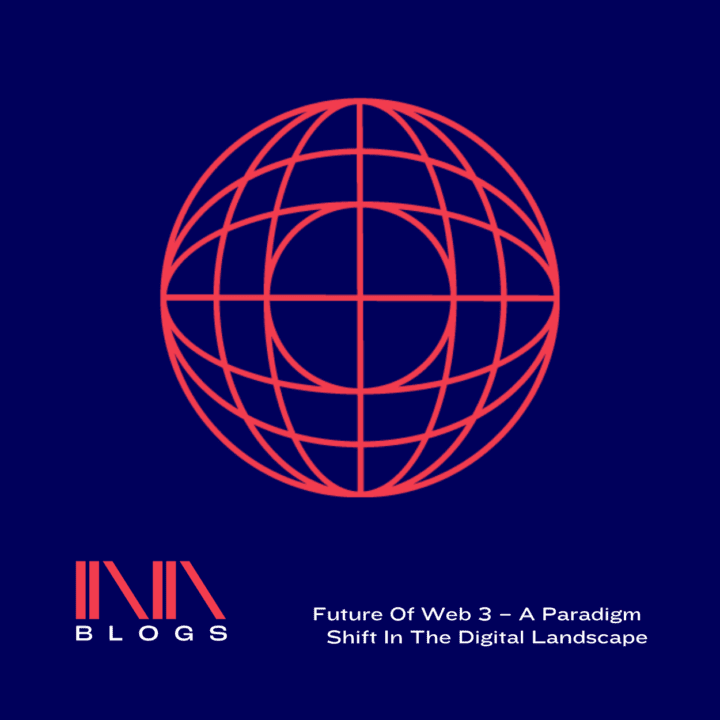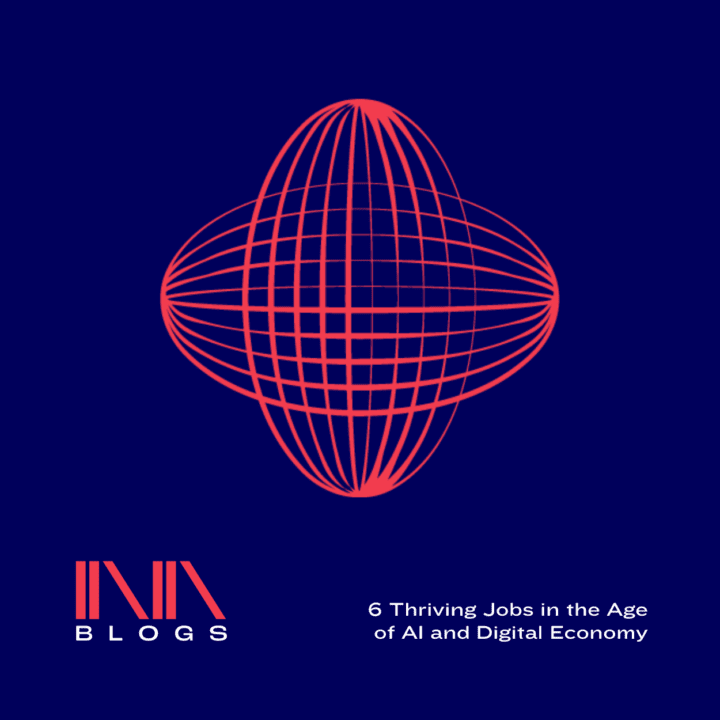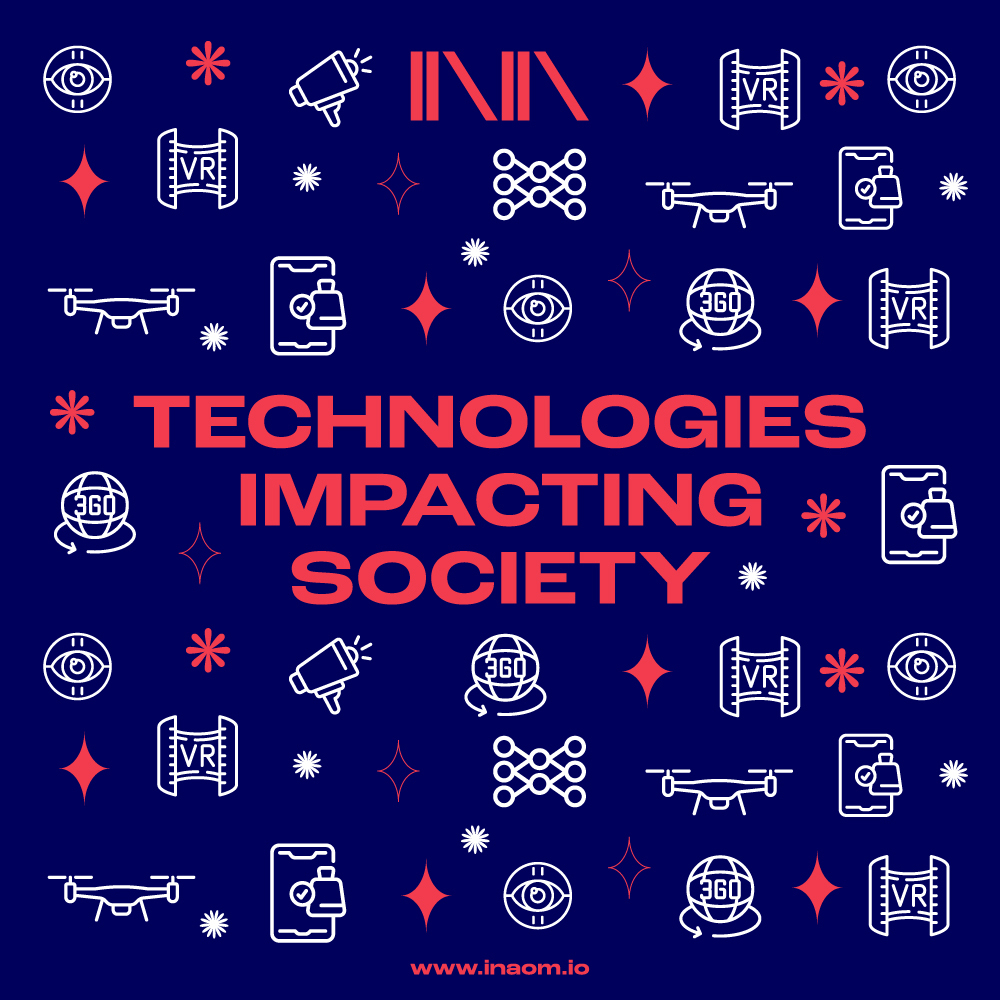Introduction
In this insightful podcast episode, Ina O’ Murchu engages in a thought-provoking interview with Dr. Lukasz Porwol, the esteemed e-government unit leader at the Insight Center for Data Analytics, National University of Ireland, Galway. The focal point of their discussion revolves around the fascinating concepts of the metaverse, virtual reality, and their profound impact on communication and society. As we delve into the intricacies of this cutting-edge technology, we discover how virtual reality is transforming the way we interact, collaborate, and perceive the world around us.
Follow Dr. Lukasz Porwol on:
Twitter: https://twitter.com/porwolluke
LinkedIn: https://www.linkedin.com/in/porwol
Understanding the Metaverse and Virtual Reality
The Metaverse
Dr. Porwol sheds light on the metaverse, describing it as a transcending movement of technologies woven into the fabric of our everyday lives. It goes beyond mere virtual reality, encompassing an interconnected digital universe where users can immerse themselves in various virtual experiences. This fascinating concept has seen rapid growth, primarily driven by advancements in virtual reality technology. Notably, the COVID-19 pandemic and the consequent acceleration of digital transformation have further fueled the expansion of the metaverse, making it a pivotal point of interest for various industries.
Virtual Reality
A historical glimpse into the world of virtual reality reveals its journey from a niche concept to a widespread phenomenon. Over the years, we have witnessed remarkable progress in VR technology, thanks to the combined efforts of innovative researchers, developers, and tech companies. What once seemed like a distant dream is now a tangible reality, with VR becoming more accessible and affordable to the masses. This democratisation of advanced technology has played a significant role in the widespread adoption of virtual reality, attracting enthusiasts, professionals, and businesses alike.
The Impact of Immersion and Presence on Communication
Understanding Immersion
The essence of virtual reality lies in its ability to create an immersive experience, blurring the lines between the real and virtual worlds. Dr. Porwol explains that immersion is a result of sophisticated hardware and software working harmoniously to transport users to a simulated environment. The degree of immersion dictates the level of isolation from the external world, offering users a deeply engaging and captivating experience.
The modern advancements in VR technology have elevated immersion to unprecedented levels. High-resolution displays, realistic graphics, and responsive controls have minimised the disconnect between the virtual and physical realms, allowing users to feel truly present within the digital landscape.
The Significance of Presence
One of the most remarkable aspects of virtual reality is the concept of presence. When engaged in a virtual environment, users experience a profound sense of being present in that space, alongside other participants. This feeling of co-presence fosters genuine connections and enables more meaningful interactions compared to traditional textual communication.
Imagine attending a virtual conference, where you can engage with others as if you were all physically present there. This sense of shared presence opens up new avenues for collaboration, creativity, and socialisation. It helps transcending the barriers of distance and time.
VR’s Role in Overcoming Communication Challenges
Addressing Communication Biases
Online communication often faces the challenge of biases based on appearances, demographics, or preconceived notions. However, VR offers a unique solution to this predicament. By shifting the focus from appearances to the content being communicated, virtual reality provides a platform where ideas take centre stage, rather than superficial attributes. This shift can promote a more inclusive and unbiased environment, fostering better understanding and empathy among users.
Researchers have explored the potential of VR in reducing hostility in online discussions. They demonstrated how immersing participants in a shared virtual space can lead to more respectful and constructive conversations.
Enhancing Empathy through VR
Empathy is a cornerstone of effective communication, and VR has the power to amplify it exponentially. By transporting users to diverse perspectives and environments, virtual reality can evoke deep emotional responses and enhance empathy. For instance, students can immerse themselves in historical events or distant cultures, gaining firsthand experiences that textbooks alone cannot provide.
Beyond education, VR has therapeutic applications, allowing individuals to step into the shoes of others and gain insight into their struggles and challenges. This heightened empathy can promote a more compassionate and understanding society.
Collaborative Possibilities with VR
Virtual reality transcends geographical boundaries and facilitates seamless collaboration across vast distances. Imagine artists collaborating in a shared virtual studio, architects designing buildings in real-time, or international teams conducting meetings in a virtual boardroom. VR opens up a world of multi-dimensional discussions and real-time engagement, empowering teams to work together effectively and creatively.
Industries such as business, entertainment, and the arts can harness the collaborative power of VR. They can drive innovation, efficiency, and artistic expression in their work.
The Future of the Metaverse and Virtual Reality
Advancements on the Horizon
The future of virtual reality holds exciting possibilities. With ongoing advancements in technology, we can anticipate even better resolution, eye tracking, and facial recognition becoming more accessible and commonplace. These developments will undoubtedly influence social VR interactions. These allow for more realistic and expressive avatars, which will, in turn, impact the way we communicate and connect within the metaverse.
Expanding Senses and Experiences
As we move forward, researchers are exploring ways to involve more human senses in the VR experience. Efforts are being made to integrate touch, smell, and other sensory inputs, creating a truly multi-sensory and immersive virtual environment. Imagine attending a concert in VR and feeling the vibrations of the music. Visualise exploring a virtual marketplace and experiencing the aroma of freshly brewed coffee. Such innovations will elevate the metaverse to new heights, making it a truly transformative and unforgettable experience.
Conclusion
In conclusion, the metaverse and virtual reality are poised to revolutionise the way we communicate and interact. As we delve deeper into this digital realm, we must recognize the immense potential of VR. It can help in mitigating biases, fostering empathy, and enabling unprecedented collaboration. The metaverse holds a promising future, and its impact on society will only grow stronger in the years to come.










